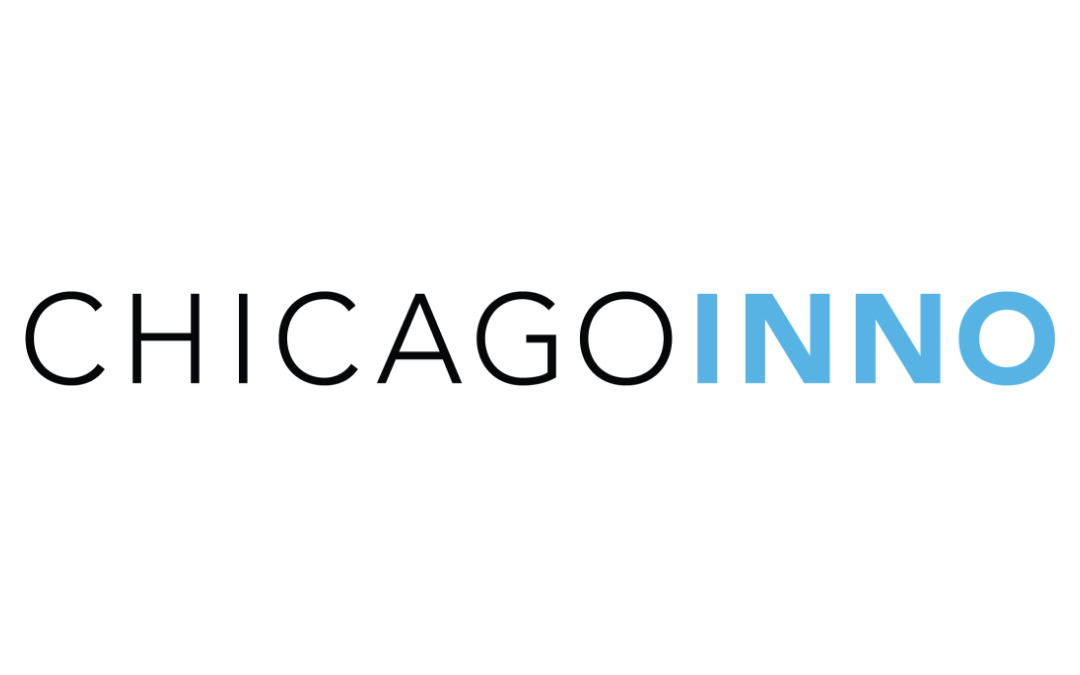As companies nominate for the Chicago Innovation Awards they are judged on;
-To what degree do their company fill and unmet need?
-What is the market impact of the innovation?
-What benefits does this innovation bring to end-users?
This year, 643 nominees presented their case. In 2015, 534 argued their innovations ability to fill in the gaps. The increased engagement of entrepreneurially-minded companies leads us to ask, what about the needs of the companies themselves?
Nominees also provide information on their 3 biggest challenges as innovators in the Chicago-land community. The most salient of these challenges, expansion. Companies describe strug-gles with finding the right talent, capital, and infrastructure to sustain and increase growth.
Finding investors puts forth huge challenges leaving many companies struggling in the seed stage. Out of the 643 nomination this year, 68% of them said they are currently looking for in-vestors. Out of those 418 companies searching for investors, 276 companies are in the Seed, or lowest phase, of raising capital. The sizable number of entrepreneurs on the hunt for mone-tary support describes the striking expression of struggles with expansion.
So given capital is scarce, what is the alternative to creating sustainable growth; growth that leads to innovation and the ultimate fulfillment of unmet consumer needs. Instead of focusing on the dollars, why not look to the opportunities in social capital.
Social capital, the opportunities and skills available via relationships, is the unlocked potential of innovation in Chicago. A 2016 Chicago Innovation Awards winner, ContextMedia, is a beaming example of how social capital unlocks amazing opportunities for expansion, and fi-nancial success. The company, nominating their medical exam room Wallboard, began its domination of the healthcare marketplace without the help of venture capitalists. Recently fea-tured in the New York Times, founders Shradha Agarwal and Rishi Shah discussed how lever-ing their Northwestern network via professors, helped them gain traction during the 2008 re-cession. The founders now seek to pay this social capital forward, extending a hand to fellow Northwestern graduate, Mert Iseri, co-founder of Swipe Sense. Iseri is quick to credit Ms. Agarwal as an integral piece to his success. These connections have generated increased innovation and productivity in the healthcare sector by helping great minds collaborate. They also lead to simply astounding financial success; ContextMedia is now a multi-hundred million dollar business.
To keep these innovators growing, and their consumers thriving, it is time companies stop competing for dollars. Instead they ought to look to the value in successful mentors, investors who can go above and beyond reaching into their pocket, and provide less quantifiable, but equally powerful type of capital—the power of their network.








